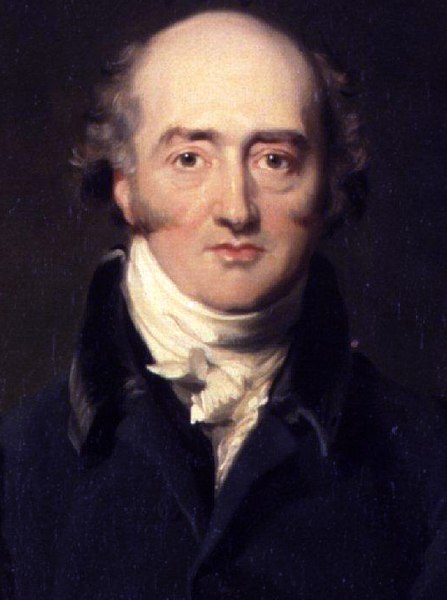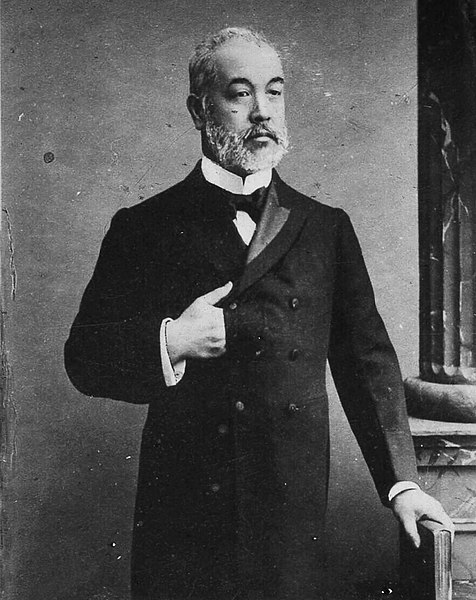Splendid isolation is a term used to describe the 19th-century British diplomatic practice of avoiding permanent alliances from 1815 to 1902. The concept developed as early as 1822, when Britain left the post-1815 Concert of Europe, and continued until the 1902 Anglo-Japanese Alliance and the 1904 Entente Cordiale with France. As Europe was divided into two power blocs, Britain became aligned with the French Third Republic and the Russian Empire against the German Empire, Austria-Hungary and the Kingdom of Italy.
Foreign Secretary George Canning (1770–1827), reputed originator of the policy
Lord Salisbury caricatured by Spy, 1900
Dropping the Pilot; Punch, 29 March 1890
The first Anglo-Japanese Alliance was an alliance between Britain and Japan. It was in operation from 1902 to 1922. The original British goal was to prevent Russia from expanding in Manchuria while also preserving the territorial integrity of China and Korea. For the British, it marked the end of a period of "splendid isolation" while allowing for greater focus on protecting India and competing in the Anglo-German naval arms race. The alliance was part of a larger British strategy to reduce imperial overcommitment and recall the Royal Navy to defend Britain. The Japanese, on the other hand, gained international prestige from the alliance and used it as a foundation for their diplomacy for two decades. In 1905, the treaty was redefined in favor of Japan concerning Korea. It was renewed in 1911 for another ten years and replaced by the Four-Power Treaty in 1922.
Anglo-Japanese Alliance, 30 January 1902. Diplomatic Archives of the Ministry of Foreign Affairs of Japan
Tadasu Hayashi, Japanese signatory of the alliance
Punch cartoon (1905) accompanied by a quote from Rudyard Kipling that appeared in the British press after the treaty was renewed in 1905 illustrates the positive light that the alliance was seen in by the British public.
Major General Fukushima Yasumasa in 1900.







